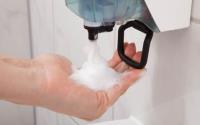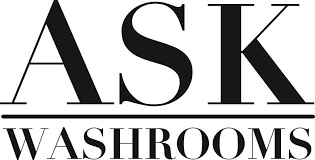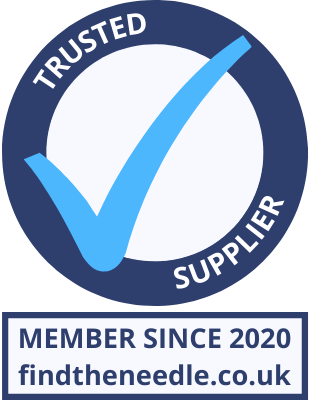 Add My Company
Add My Company
Sign In
Washrooms – How to correctly maintain them
25-10-2020

How to maintain your washrooms
In the washroom industry, one of the leading requirements we all expect when using washrooms are that they are clean and safe. Whether, like us, you are installing a new washrooms or if you are a customer/student/employee using a washroom, we all take hygiene and cleanliness seriously. We do not want to provide a washroom that people do not feel comfortable using. We also do not want to provide a washroom that is difficult to maintain and clean.
As an example, with our Clinical Basin Units, if they are not full height up to the ceiling, we would strongly recommend a sloped top / lid. This prevents a flat surface which could be used to put rubbish on making it cluttered and more importantly it significantly decreased the volume or dust/bacteria that can build up more aggressively on flat surfaces.
Healthcare Sector
That is just one example, for one product. In the healthcare sector, we do our very best to improve hygiene and cleanliness across all our products where applicable. Naturally, healthcare products require a very high standard when it comes to maintenance, hygiene and cleanliness due to the environment which they are going into. In hospitals, germs and bacteria can spread very quickly and very efficiently so we must explore every avenue and option available to us in order to assist our health care system as much as possible.
Education Sector
Schools, universities and nurseries are all within the education sector. Although many people may not see them as important as a hospital in terms of the cleanliness and hygiene levels, it is imperative that they are maintained and cleaned properly, not just in terms of the staff member responsible for cleaning the areas but they need to be using the correct cleaning products depending on the materials in their specific washroom. Therefore, we offer aftercare advice and maintenance manuals for every nursery, school or university that we install washrooms into.
Guidelines
Ultimately, the responsibility lies with the employer, for example the government are responsible for advising the schools on how to maintain cleanliness and hygiene levels to the current guidelines.
PHE (Public Health England) exists to “protect and improve the nations health and wellbeing”. It also has many other responsibilities such as the below:
Making the public healthier and reducing differences between the health of different groups by promoting healthier lifestyles. As well as advising government and supporting action by local government, the NHS and the public
Protecting the nation from public health hazards
Preparing for and responding to public health emergencies
Improving the health of the whole population by sharing our information and expertise. Also by identifying and preparing for future public health challenges
Supporting local authorities and the NHS to plan and provide health and social care services. Such as immunisation and screening programmes, and to develop the public health system and its specialist workforce
Researching, collecting and analysing data to improve our understanding of public health challenges. Also to come up with answers to public health problems
How to meet the guidelines
In order to achieve the responsibilities listed above, the PHE gives the following advice:
Effective hand washing is an important method of controlling the spread of infections, especially those that cause diarrhoea and vomiting.
Always wash hands after using the toilet and before eating or handling food. Use warm, running water and a mild, preferably liquid, soap.
Discard disposable towels in a bin. Bins with foot-pedal operated lids are preferable.
Encourage use of handkerchiefs when coughing and sneezing.
The NEU recommends that schools also adopt the following additional procedures:
Razors, toothbrushes or other implements which could become contaminated with blood must not be shared.
Minor cuts, open or weeping skin lesions, and abrasions should be covered with waterproof or other suitable dressings.
Nappies and sanitary towels must be burnt in an incinerator. Alternatively, securely bagged and sealed, and disposed of according to local guidance.
Tampons can be flushed down the toilet; however, it is advisable to dispose of them in the same way as sanitary towels. Local guidance should be followed.
For more information on PHE guidelines and responsibilities please visit the following government website for further reading: https://www.gov.uk/government/organisations/public-health-england/about
Information on hygiene control in schools and who is responsibility for this please visit the following website: https://neu.org.uk/advice/hygiene-control-schools
For NICE (National Institute for Health and Care Excellence) and PHE (Public Health England) advice on teaching children simple lessons on how to tackle hygiene in school, please visit the following government link: https://www.gov.uk/government/news/teach-children-simple-hygiene-to-help-curb-infections
If you have washrooms that require an uplift you can contact us for a free survey, design and quotation.
Email: info@askwashrooms.co.uk
Phone: 0116 326 7071
Or alternatively you can visit our “Get In Touch” page
For more information on Washrooms – How to correctly maintain them talk to ASK Washrooms Ltd
Enquire Now
List your company on FindTheNeedle.

